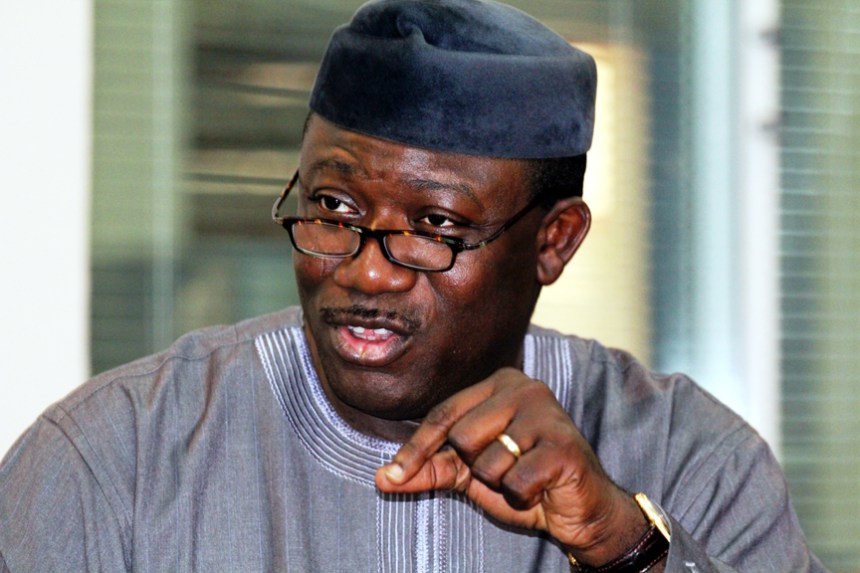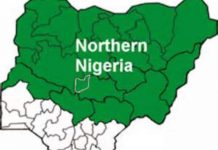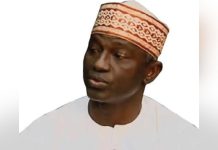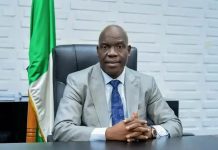Nigeria has been tasked to invest at least $17 billion yearly in order to make new oil and gas finds, targeted at increasing production capacity.
In his recent presentation at the Nigeria Natural Resource Charter, NNRC forum in Lagos, Mr. Israel Aye, Senior partner, Commercial Transactions, Primera Africa, stated: “At 3 million barrels per day, reserves will only last 30 years; urgent need to find more oil (i.e. to achieve Reserves Replacement Ratio greater than 100%). Exploration and Appraisal programs need dedicated funding.”
Mrs. Winifred E. Oyo-Ita Head of the Civil Service of the Federation, Chief of Staff, Mallam Abba Kyari, Boss Mustapha SGF, His Excellency Vice President Yemi Osinbajo SAN as His Excellency President Mohammadu Buhari GCFR presides over the Federal Executive Council (FEC) Meeting, Council Chambers State House Abuja. Wed. 13 March 2019
He said reserves were declining, mainly because of low investment in exploration and production of oil and gas.
Mr. Aye said that significant funding gap needs to be addressed to sustain and grow production, adding that in a $50 per barrel world and continued price volatility, the industry unit technical cost needs to drop well below $20/barrel. He stated: “Historically, the policy and legislative framework of the petroleum industry has been more export focused. We need to redirect petroleum to act as a stimulant or catalyst for economic development, particularly focusing on midstream activities such as refining, processing etc. We should encourage domestic utilization of petroleum resources and it derivatives.” Also speaking, Prof. OmowumiIledare, Ghana National Petroleum Professor and Chair, Oil and Gas Economics & Management, University of Cape Coast, Ghana said: “The aspiration of the Federal Government in Nigeria to be among the top 20 economies of the world by 2020 requires 10-12 % annual growth.
“Fulfilling the mandate to expand the economy at about 10 – 12% growth rate in GDP depends on access to affordable, secure and clean energy. Nigeria has the potential to become a highly prosperous economic power with its large human and natural resources, but was currently hindered by many problems, including poor institutional governance, insecurity of assets, poverty of the mind and elite capture phenomenon, inadequate connectivity or linkage with non-oil sector of the economy.”







